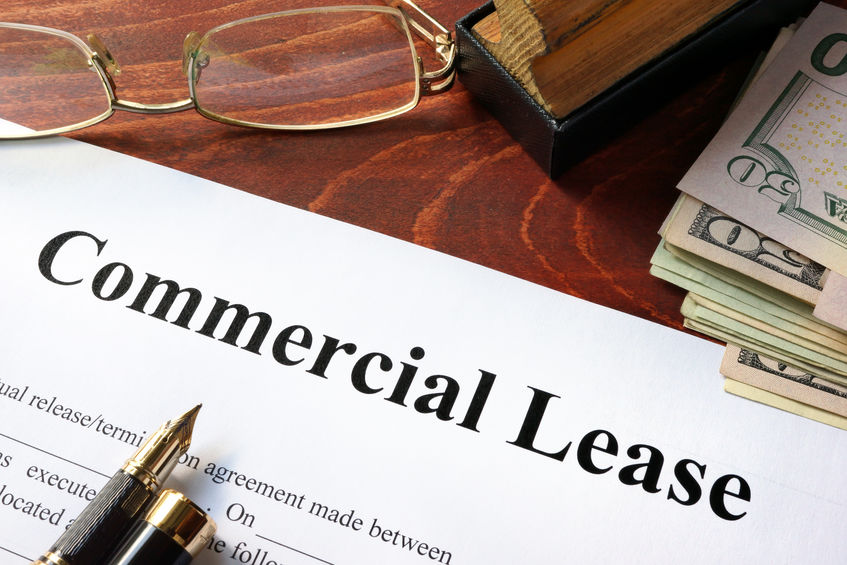A commercial lease is a contractual agreement for a business to rent office space or other property from a landlord. The lease is for business activities, as opposed to a residential lease for housing. Compared to residential lessees, commercial lessees are subject to less protections – buyer beware! Florida Statutes Chapter 83 Part I covers commercial leases. Whereas a residential lessee can rely on housing and consumer protection laws, a commercial lessee cannot usually rely on rights other than those explicitly stated in the lease agreement.
What Should I Expect in a Commercial Lease?
A commercial lease should be set out the rights and obligations of both parties. Oral leases are enforceable, but leases longer than one year may need to be in writing unless certain exceptions are triggered under the Statute of Frauds. For example, an oral lease that is payable monthly is known as a month-to-month tenancy at will (no fixed term, automatically renewed monthly), and is enforceable even if the lease term exceeds a year. A commercial lease will often contain the following clauses:
• Basic terms (lease length, permitted property uses, options to extend or cancel, rent, utilities, additional charges, security deposits, ADA compliance, etc.)
• A subletting clause, allowing the lessee to assign the lease payments to a third party. Oftentimes, the landlord will require the original tenant to guarantee the third party’s payments and/or retain the privilege to thoroughly vet the new tenant before agreeing to the assignment.
• A clause specifying which party is responsible for common areas, routine maintenance, upkeep, cleaning, landscaping, renovations, insurance, etc.
• A covenant of continuous operation, an obligation on the part of the tenant to continue to operate the business at the leased premises, in addition to paying rent.
• An arbitration clause, requiring the parties to accept a neutral arbitrator’s decision in the event of a dispute
• A modification clause, allowing the parties modify the lease upon mutual agreement
Generally, every clause in a commercial lease is enforceable if the parties mutually agree to it, unless it is illegal, unconscionable, or vague. Don’t be scared to negotiate!
Commercial Lease Negotiation Tips
Prices are always negotiable. Does the landlord have the ability to raise rent? Exactly how much space is being rented? Don’t let these questions go unanswered. Tenants with the ability and willingness to sign long term leases have leverage to negotiate many of these terms.
Is there a Non-Compete Clause that prohibits the landlord from renting space to a competing business? This may be particularly important for retailers or certain professional services.
How do parties free themselves from the lease? How do they provide notice of changes? There must be clear standards for communicating subleases, modifications, and disputes.


